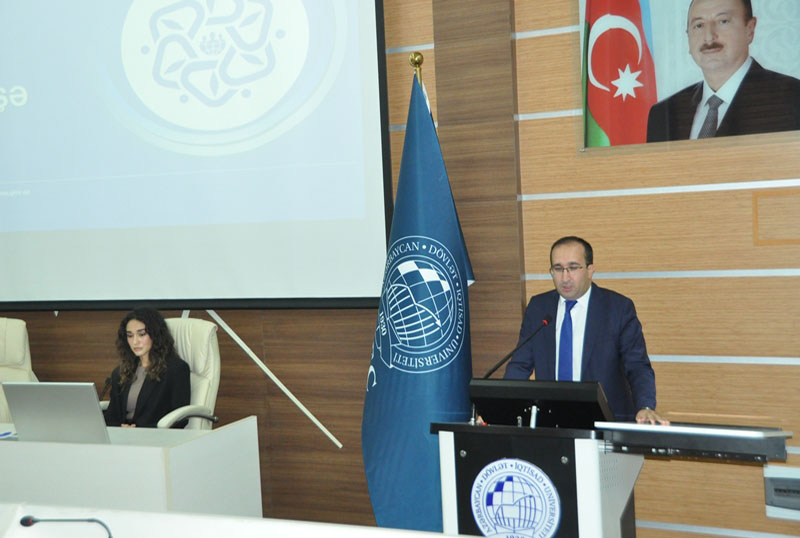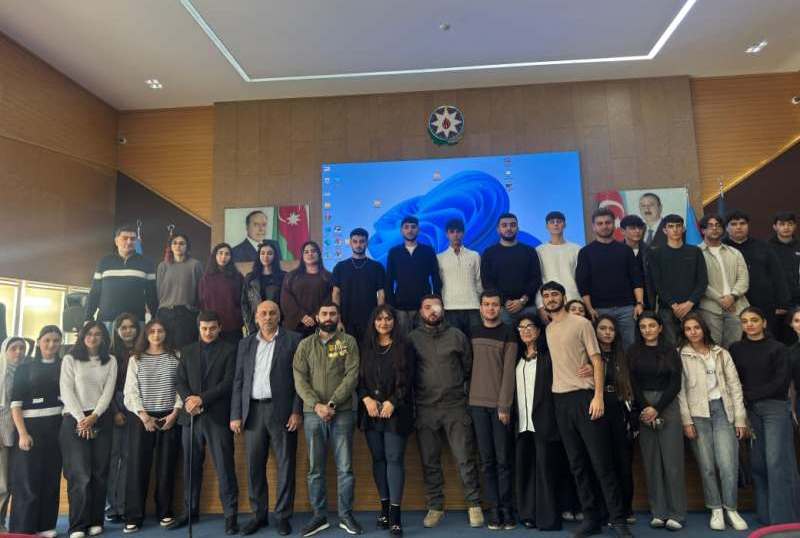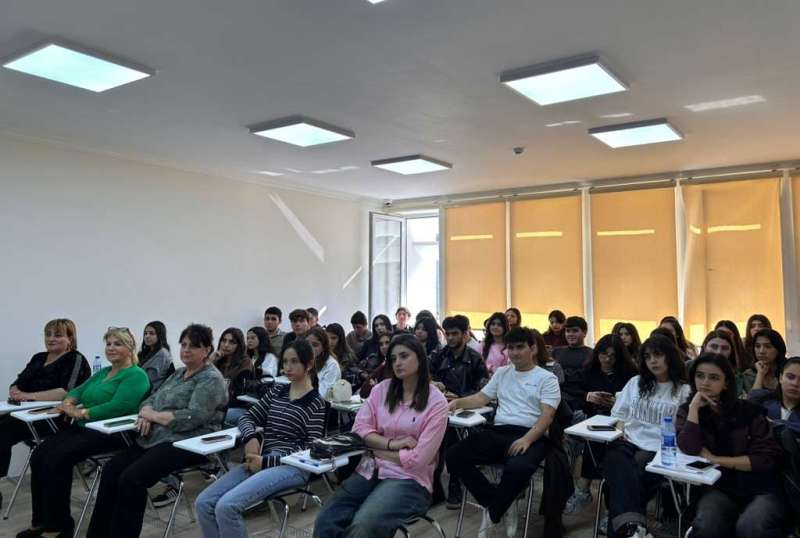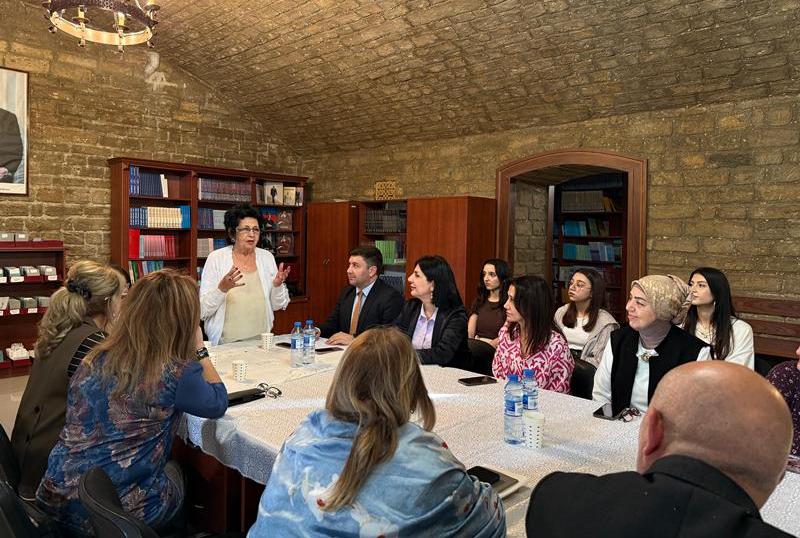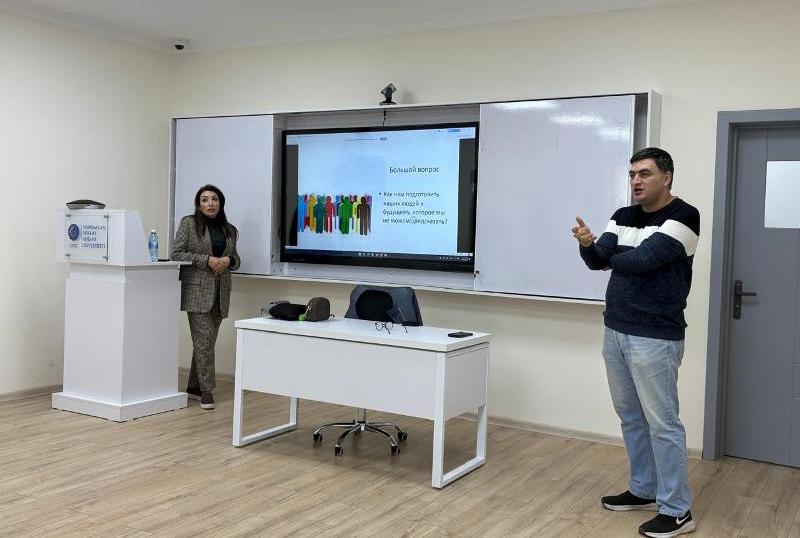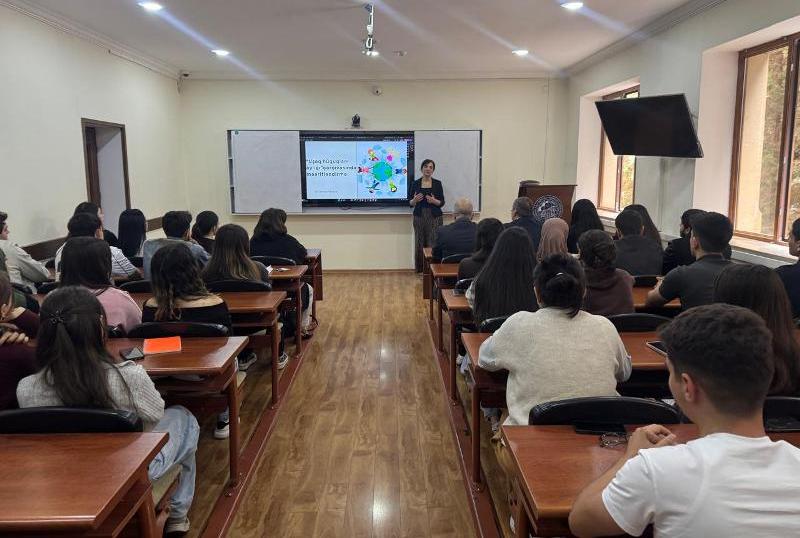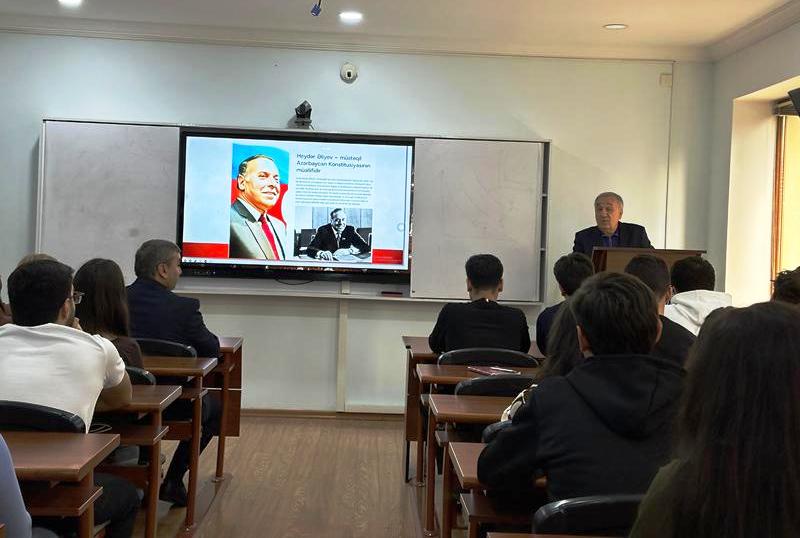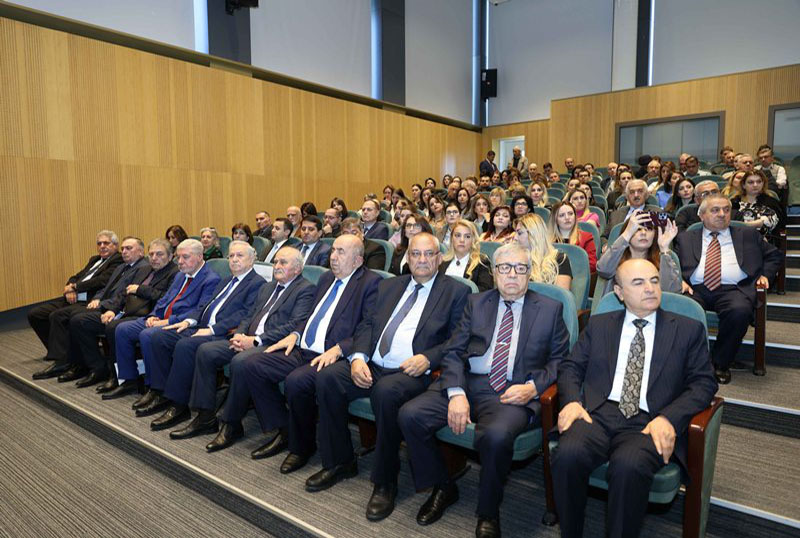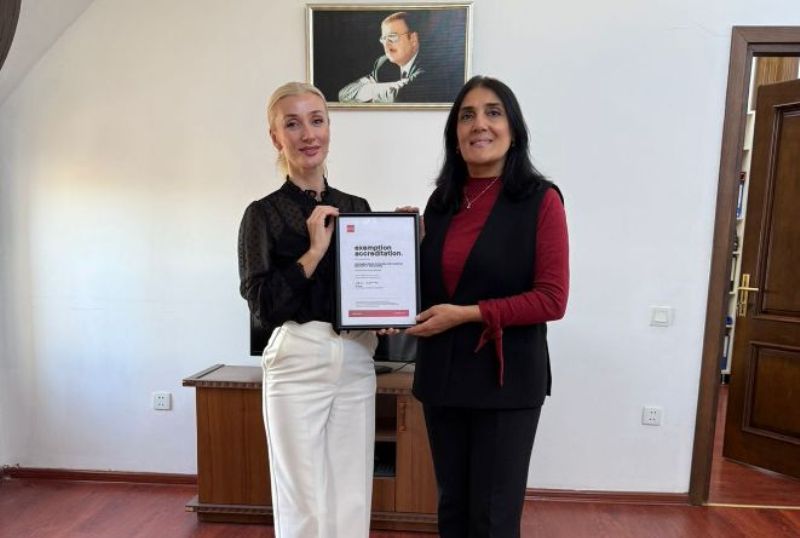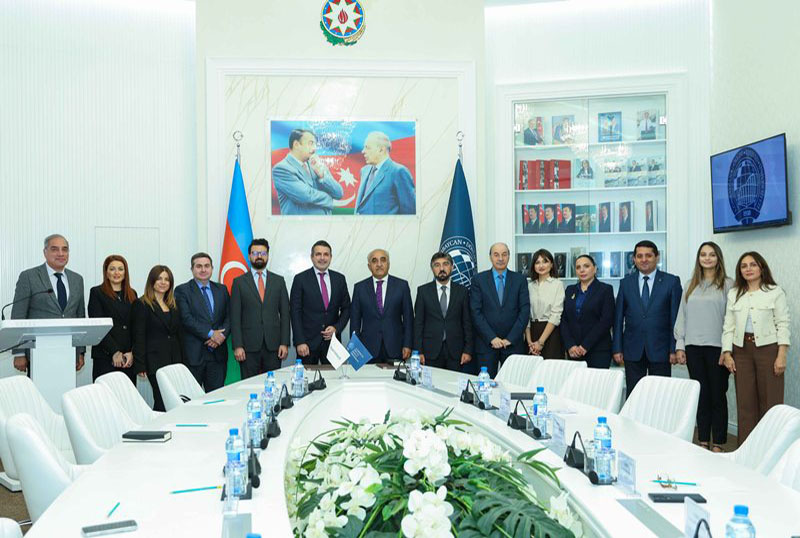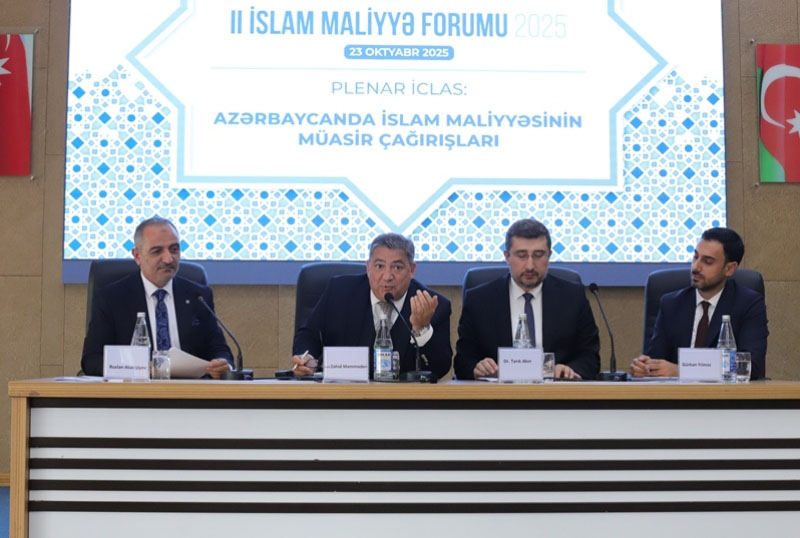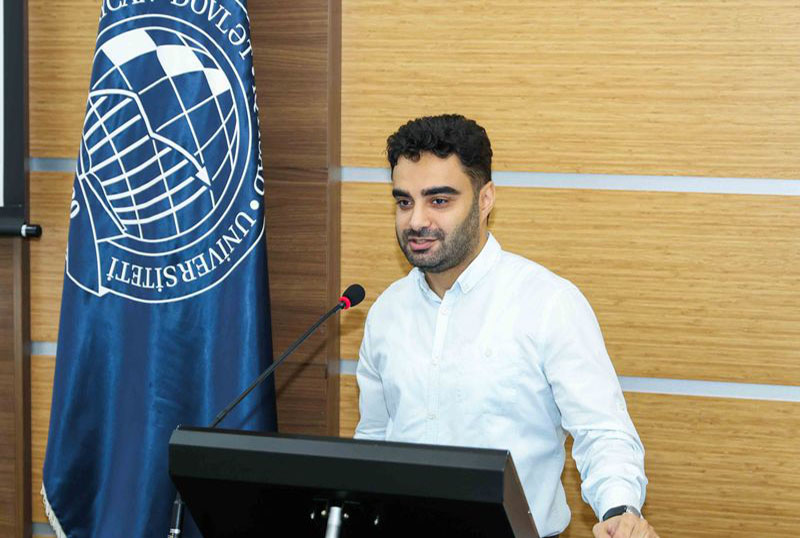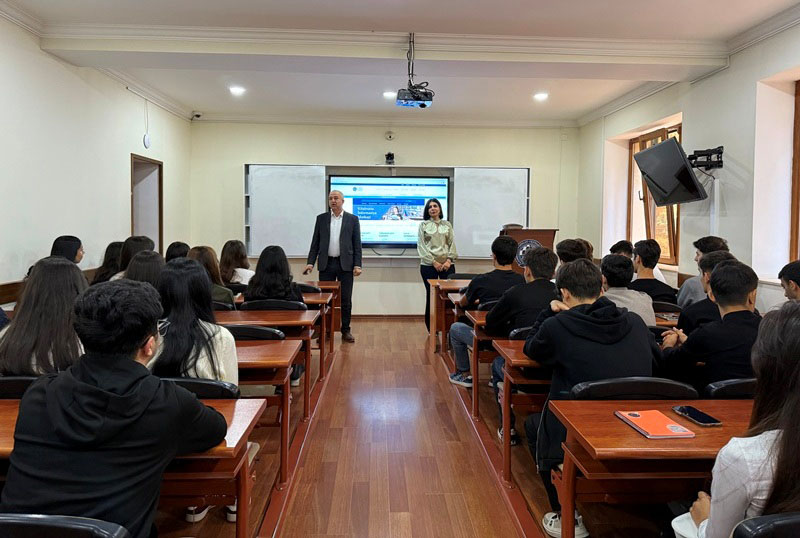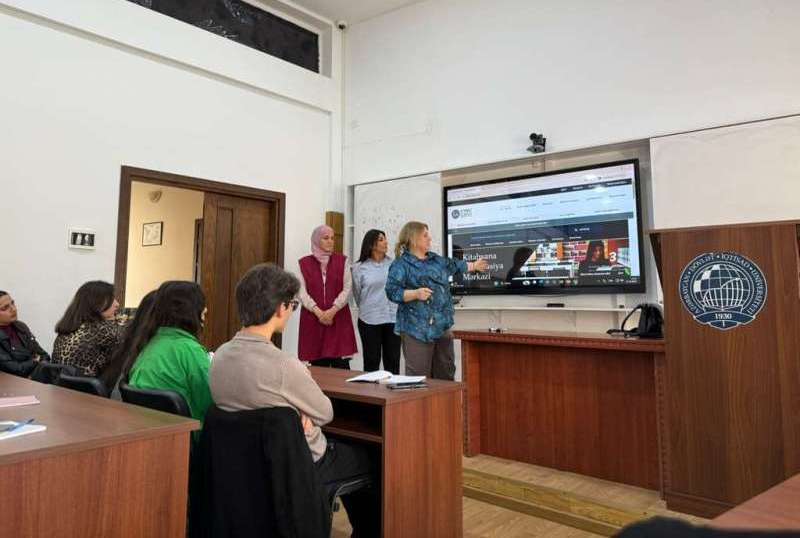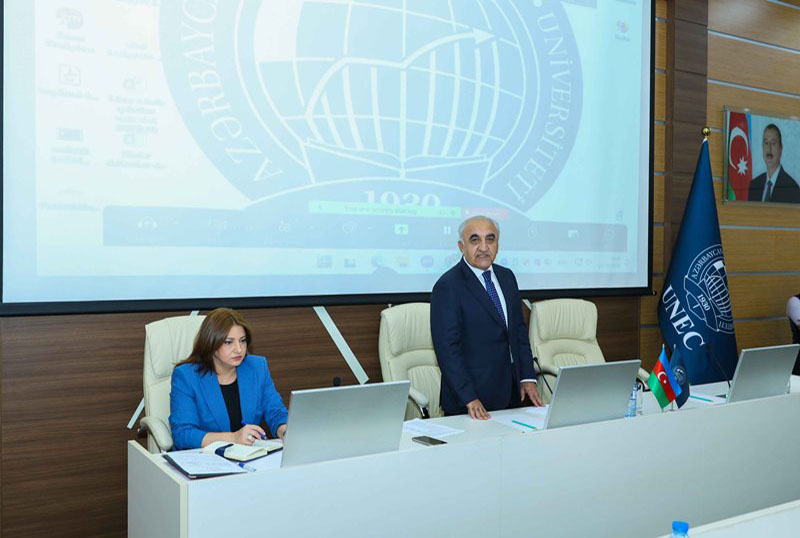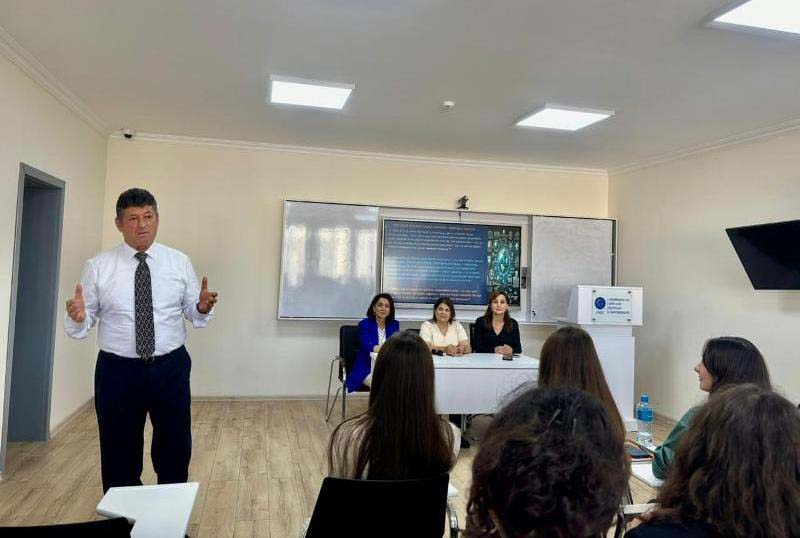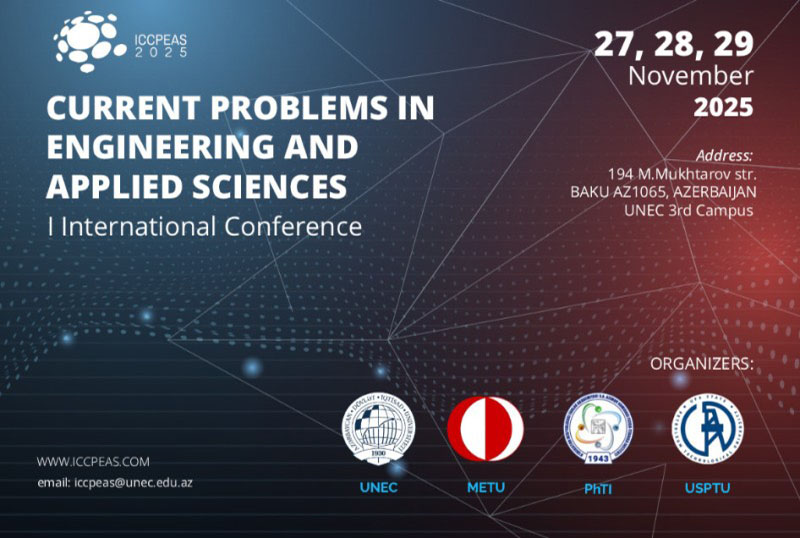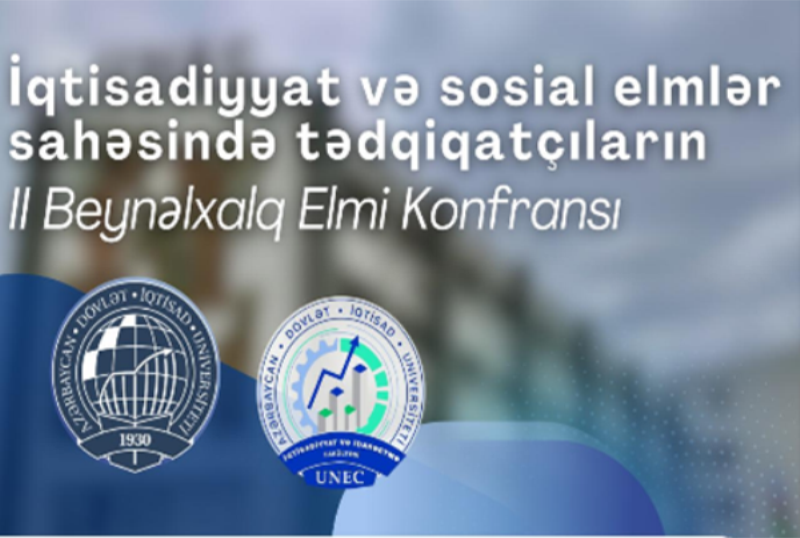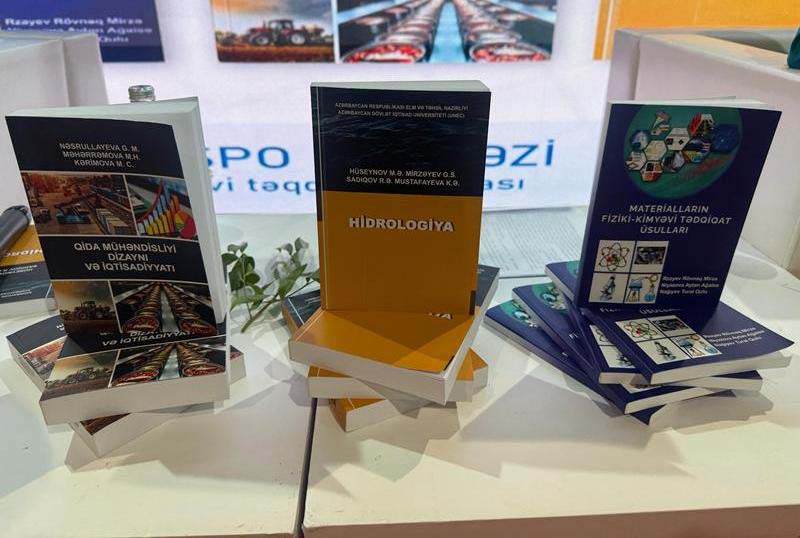COP29, scheduled to take place in Baku, Azerbaijan, in November, is poised to be a pivotal event in the global fight against climate change. This conference will convene world leaders, officials, scientists, NGOs, and other key stakeholders to address pressing climate change issues and advance the global agenda on environmental sustainability. The overarching goal of COP29 is to adopt a final document that reinforces global commitments to limiting the increase in global average temperature to 1.5 degrees Celsius above pre-industrial levels, in alignment with the Paris Agreement. Achieving this goal requires a concerted effort from all nations to implement more ambitious climate policies and actions.
Azerbaijan has experienced significant economic growth since gaining independence in 1991, primarily due to its oil and gas resources. This growth has led to environmental challenges such as soil contamination, water pollution, and poor air quality, particularly in industrial areas like Baku and Sumqayit.
However, Azerbaijan has also taken steps to address these challenges. The government has introduced regulations in its early ages of independence, in 1990s, to reduce pollution and promote sustainability, such as law on environmental protection, environmental safety, water supply, wildlife protection and their number increased in decades. International partnerships with organizations as UNDP, World Bank, Global Environment Facility (GEF) and others have furthered these efforts.
Azerbaijan's shift to a greener economy requires a multi-faceted approach. Market-based solutions, such as carbon pricing and green subsidies for renewables and energy efficiency upgrades, can incentivize cleaner practices. Regulations with stricter pollution controls, waste management, and energy efficiency standards can push industries to adopt cleaner technologies. Public investment in renewable energy projects, green infrastructure like public transportation, and research on clean technologies like solar or carbon capture are crucial for a sustainable future. Finally, educating the public about environmental protection and collaborating with other countries on these issues will create a supportive environment for a greener Azerbaijan.
Previous conferences have achieved positive results, as COP27, held in Sharm El-Sheikh, Egypt, in November 2022, focused on several key areas, including adaptation, mitigation, finance, and the implementation of previous agreements like the Paris Agreement. Some of the outcomes are establishment of a fund to compensate developing countries for losses and damages caused by climate change, which is a significant step towards climate justice and improved mechanisms for transparency and accountability in reporting emissions and climate actions by countries.
COP29 presents a significant opportunity for Azerbaijan to strengthen its commitment to environmental sustainability. By adopting comprehensive green policies and investing in clean technologies, Azerbaijan can improve its environmental quality while continuing to grow economically. This balanced approach is crucial for achieving long-term sustainability. There may be an opportunity such as COP29 will position Azerbaijan as a regional leader in climate action, potentially inspiring neighboring countries to enhance their climate commitments and collaborate on regional initiatives. It may also boost FDI(Foreign Direct Investment), that provides capital, enhances productivity, creates jobs, and fosters technology transfer, among other benefits, so by switching to cleaner and sustainable economy hostage of COP29 will attract international funding and partnerships for renewable energy projects, energy efficiency measures, and sustainable infrastructure. In local level this huge event will raise environmental awareness and engagement among the Azerbaijani public and businesses, as this event drive greater local participation in climate action and sustainability initiatives. Apart of COP29, there were other related events, as Baku Energy Forum, Caspian Ecology Exhibition, Azerbaijan Sustainability Forum, that show long-standing interest in creating a better world together.
For future prospects there is a potential for Azerbaijan to become a regional hub for green innovation and technology, from educational sector there may be implementation of plans to integrate environmental education into the national curriculum to foster a culture of sustainability among future generations, and great opportunities to develop eco-tourism, leveraging Azerbaijan’s natural beauty while promoting conservation in regions with support of NGOs.
Nigar Mammadzada & Ulkar Alizada
International School of Economics (1066)



